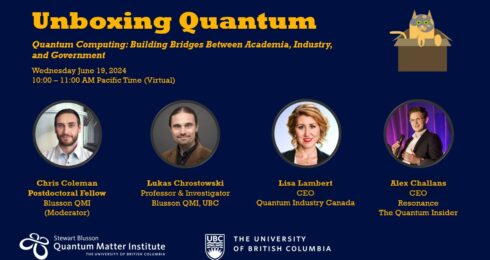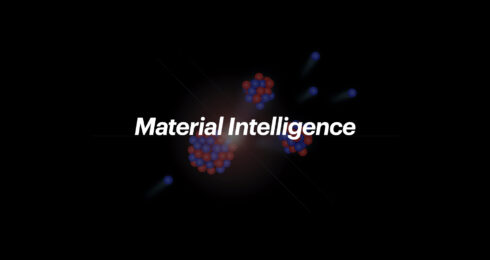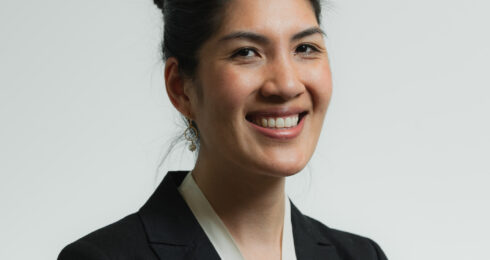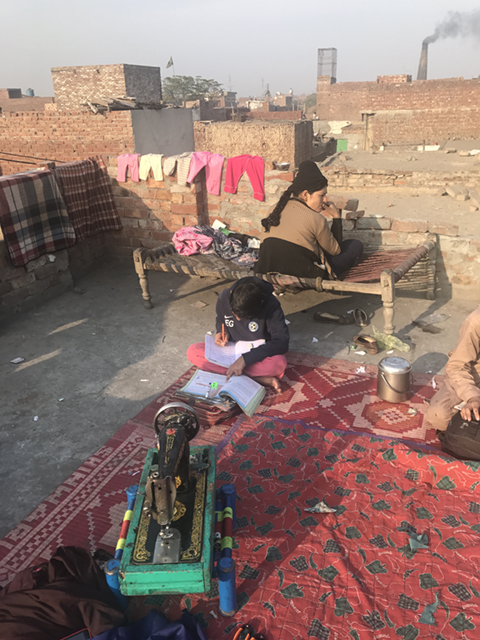
Pictured: A temporary school located on the rooftop of a local home in Punjab, Pakistan. Image credit: Wardah Wasim Mirza.
EDI Stories is a new series designed to talk spark conversations about Equity, Diversity and Inclusion (EDI) at Blusson QMI and in science. Authored by Wardah Wasim Mirza, stories in this series will examine why science needs EDI.
I had asked my physics teacher in Pakistan a question about electricity. He attempted to explain the concept to me, but quickly gave up and handed me a book instead.
“Look at all the possible questions that were asked on electricity, try to understand the solution. If you cannot understand it, just learn the answer,” he said. “You really don’t have to understand the concept to pass the exam.”
That is exactly what I did.
I learned every possible solution to the questions on electricity and I passed GCSE physics (equivalent to Grade 11 in Canada). But the way that the teacher treated my understanding of a key concept as secondary to completing the test dampened my resolve to study sciences in the future.
We had few resources available, and little support—all we needed to do was pass the test. But how can we ignite or maintain an interest in physics in the absence of labs, libraries, or online connections? For my Advanced-Level Exams (high school equivalent) I only took subjects where I wouldn’t have to learn by rote. It wasn’t that I didn’t enjoy studying science, in fact it was quite the opposite, but I couldn’t commit to learning something that I didn’t truly understand.
Equity, diversity, and inclusion helps pave the way for those seeking scientific paths
When I walk through the corridors of the Stewart Blusson Quantum Matter Institute (Blusson QMI) now, I often stop and look through the lab windows at the students in their lab coats, passionately immersed in working with the equipment. Some are taking notes, some are adjusting the heavy machinery, while others are recording data on computers or looking intently through their data for patterns or trends, inconsistencies or outliers that may turn into a new investigation and possibly lead to a new discovery. Nothing is rote. Peering through the glass, I feel immense pride as I witness the work of these young scientists; it also reminds me that my path might have been similar if I had access to the right resources, infrastructure, and mentorship.
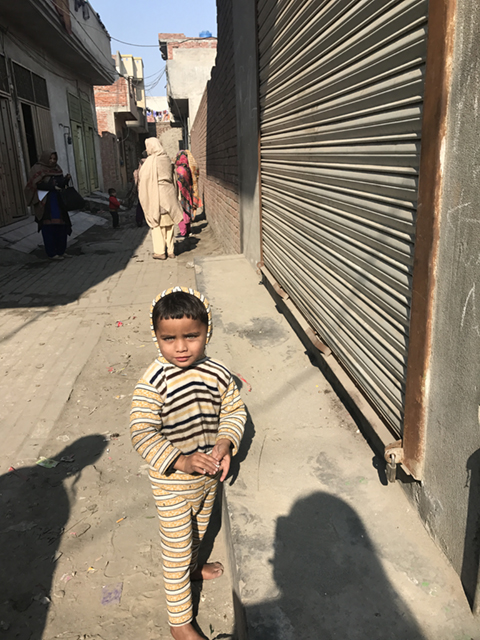
Pictured: A local boy leads a tour to the local school. Image credit: Wardah Wasim Mirza.
At Blusson QMI, students and group members enjoy a great privilege, one that creates a path to positions of power. They can take advantage of the opportunities here to catapult their careers in the direction of their dreams.
As I peer through the glass, my thoughts return to Pakistan. A few years ago, I participated in a needs-assessment study of low-performing government schools. I remember driving for four hours to a rural area in Punjab only to find out that the school building had collapsed a year before. The children who wanted to continue to study were now using the rooftop of a local house as their school.
I think of my own privilege to be standing here as I think about the little children on the rooftop, and whether they were able to continue their education beyond primary school. Often, girls in particular must leave school to aid in domestic duties, denying them the opportunity to seek further education and the power that comes with it.
We are all a product of our experiences and have the power to change minds, hearts and systems. I wanted to love being a student of science, but my experience made it hard. I still love science, but I have taken a different path.
Turning stories into action
Through our experiences we can learn to lend and extend empathy, understanding and perhaps grow patience in viewing the world from a different lens. For this reason, I am committed to turning our stories into action and to making our workplace more inclusive and equitable for all.
I joined the Equity, Diversity and Inclusion committee at Blusson QMI to turn our stories into action, and to share our power and our privilege with those who have less of each. It takes a great amount of strength to share your story, but our stories connect us; when we feel connected with our community, we are stronger. So let us talk, let us challenge, let us be vulnerable, and, above all, let us be empathetic!
About the Author
Wardah Wasim Mirza works as a Research Operations Facilitator at Blusson QMI. She holds a Master’s degree in Economics and worked in the development sector in Pakistan and in Ghana for over five years, with a special focus on gender and encouraging more equitable and inclusive opportunities, policies and practices in education, health and governance. At Blusson QMI, she wishes to leverage her experience and academic training to build more inclusive and equitable workplace practices and policies through her participation in the Equity, Diversity & Inclusion (EDI) committee. The EDI committee at Blusson QMI is chaired by Sarah Burke.
For more information about the committee, or to connect with Wardah Mirza, email wardah.mirza@ubc.ca.
